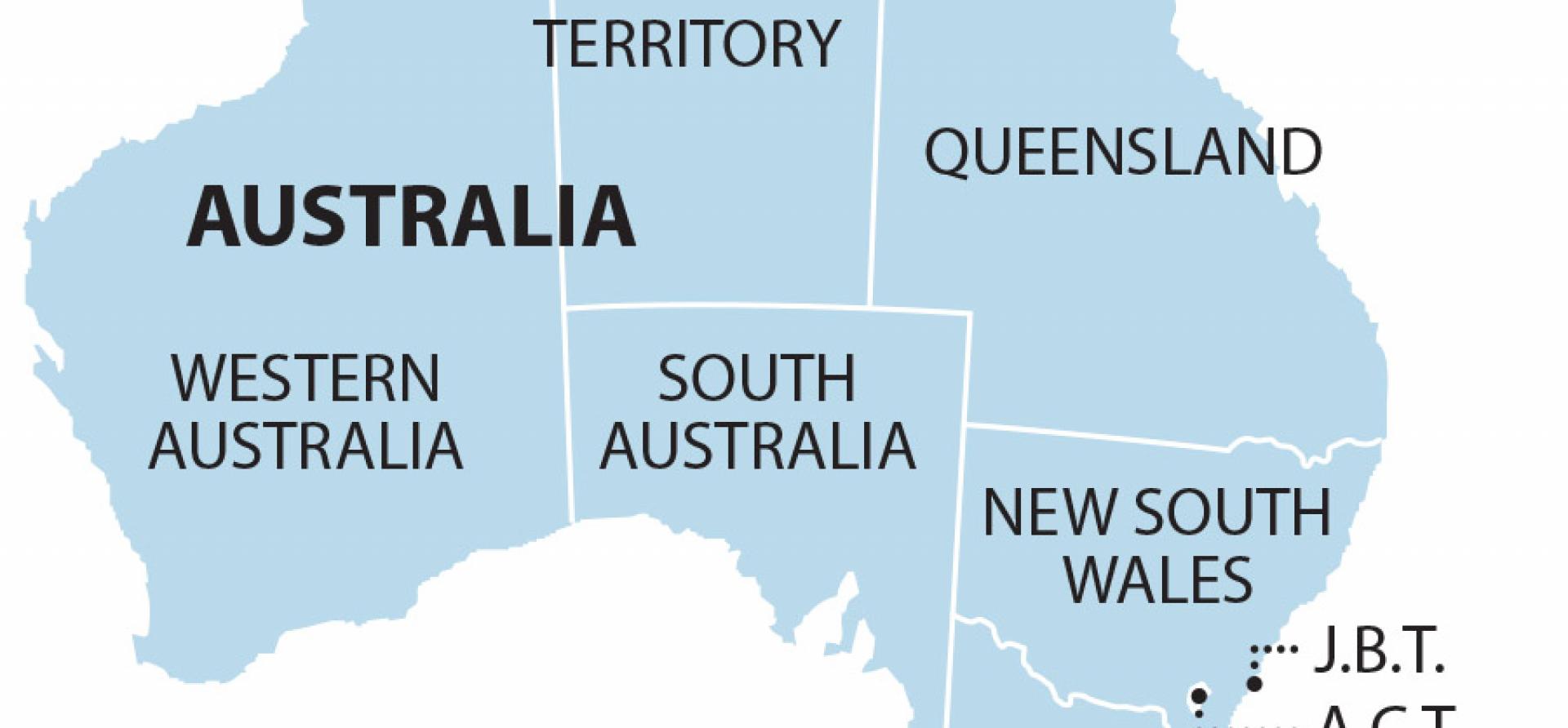IEEFA: National Electricity Market reform agenda provides path to a flexible decarbonised decentralised grid

Key Findings
The electricity market is racing headlong towards a highly distributed decarbonised flexible system, characterised by millions of variable renewable energy generators, storage units, and controllable loads.
Our hope is that reform does not hold back the potential benefits for Australia of keeping pace with the energy transition to move rapidly towards a cleaner modernised and lower cost energy economy.
The energy transition is gaining pace, so it is encouraging that Australia’s Energy Security Board (ESB) is pro-actively seeking input to help guide necessary reforms.
The ESB, tasked by federal and state energy ministers to develop strategic policy and provide market development advice, is getting on with an ambitious program of work, including consultation on energy market reforms.
The electricity market is racing towards a highly distributed decarbonised flexible system
The latest ESB consultation paper on Data Strategy comprehensively outlines the immensity of the challenge ahead in collecting, storing, curating, and disseminating public data for the Australian energy sector.
This is significant. The electricity market is racing headlong towards a highly distributed decarbonised flexible system, characterised by millions of variable renewable energy generators, storage units, and controllable loads. Managing these devices to maintain grid operability, and providing affordable energy services to consumers, will rely on new digital technologies and accurate, secure, and up-to-date data streams.
In IEEFA’s submission in response to the ESB paper, we highlight the imperative for a direct approach to overhauling energy data regulation to enable a digitalised grid, while also supporting high levels of Distributed Energy Resources (DER) and demand side participation. Creation of a central data portal is encouraged, where real-time electricity and gas data would be continuously accessible.
We support ESB’s recommendation for the formation of a Data Leadership and Coordination group and suggest that this group have sufficient authority to manage national data assets. It should work with agencies accordingly to achieve strategic data objectives ahead of planned 2025 market reforms.
Technology and finance often move faster than policy
IEEFA also recently responded to two additional ESB consultation papers on Post 2025 Market Design and Governance of Distributed Energy Resources Standards. Both initiatives are important in charting the most optimal pathway towards a flexible decarbonised grid that is reliable, secure, and keeps electricity prices down.
Technology and finance often move faster than policy. Our hope is that reform does not hold back the potential benefits for Australia of keeping pace with the energy transition to move rapidly towards a cleaner modernised and lower cost energy economy.















